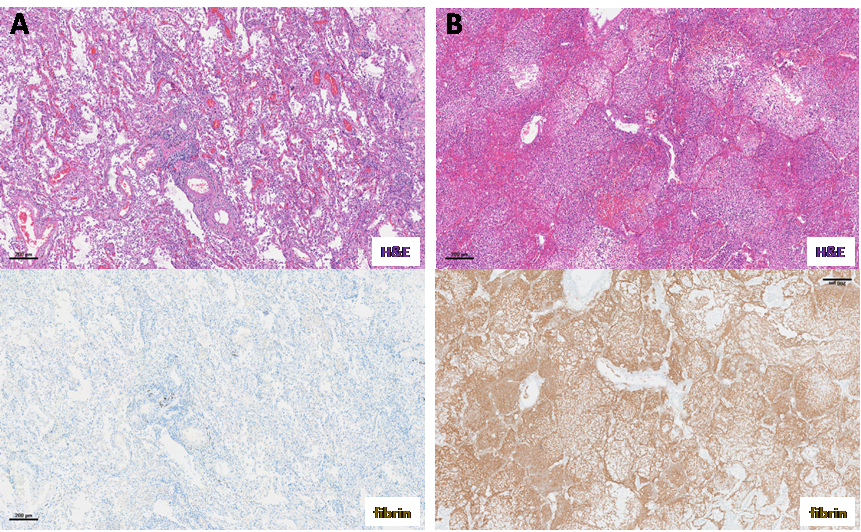New R01: Fibrin in the Infected Lung
We are pleased to share that Joseph P. Mizgerd, ScD, the Jerome S. Brody, MD, Professor of Pulmonary Medicine and Director of the Pulmonary Center, has been awarded a four-year, $2.9 million RO1 grant from the NIH’s National Heart, Lung, and Blood Institute for his research “Fibrin in the Infected Lung.” Co-investigators on the grant include Drs. Katrina Traber and Nicholas Crossland from BU, and Dr. Thomas Beach from Banner Sun Health (Sun City, AZ).
The study aims to address the challenge of identifying pneumonia subtypes that respond to host-directed therapies. Some pneumonia cases exhibit abundant fibrin in the airspaces, while others do not. “Because fibrin can be pro-inflammatory and neutrophils (a type of white blood cell) can enhance fibrin accumulation, we propose the central hypothesis that fibrin and neutrophils in the airspaces form a positive feedback loop that causes damage in a subset of pneumonias,” explains Mizgerd.
